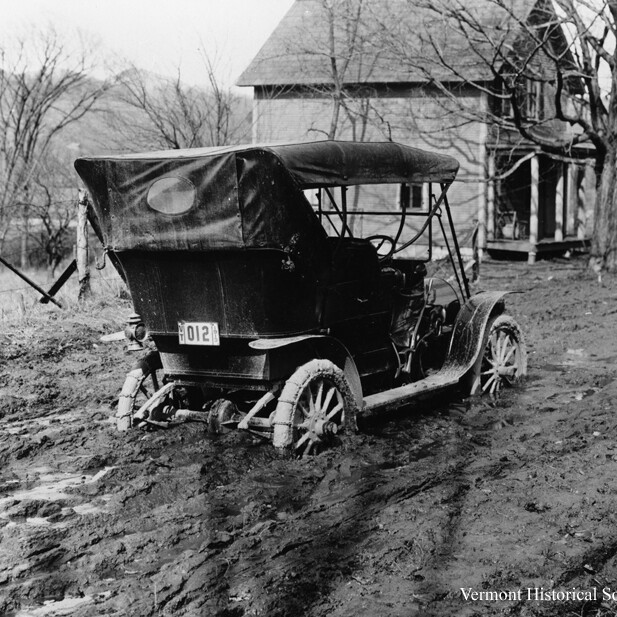April
What historic events happened in April?
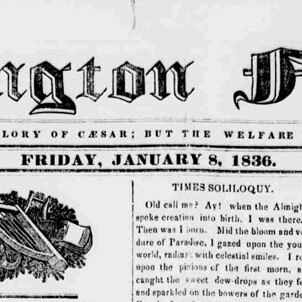
April 1, 1848
The Burlington Free Press becomes the first daily newspaper published in Vermont.
What Makes the News? (PDF)
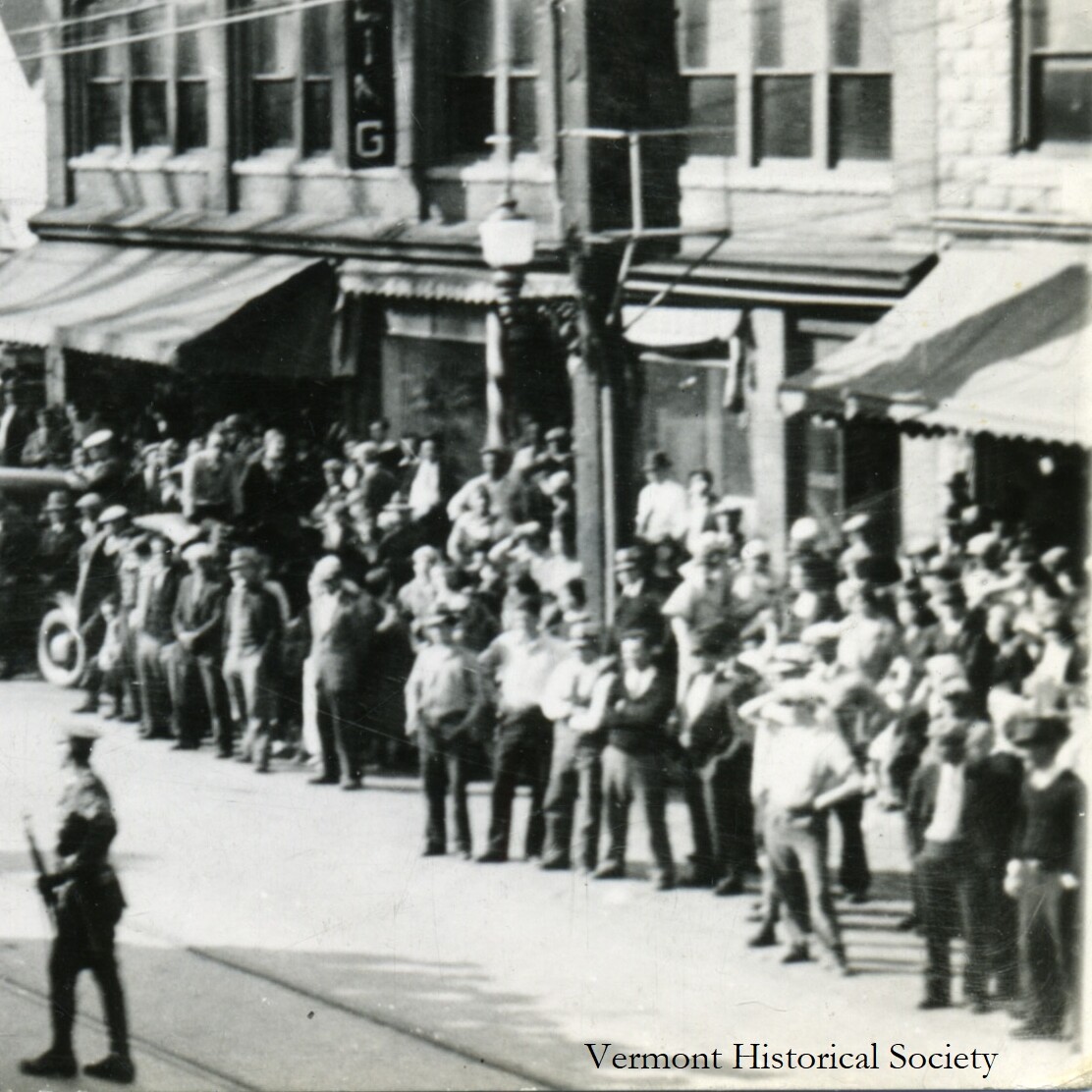
April 1, 1933
Barre granite workers and stonecutters stopped working to protest their pay being cut by 35%. The strike lasted for over a month. On May 5th, the Stonecutters Union said they would take the wage cut. The Granite Workers Union did not agree. In the end, the granite workers won full pay and went back to work.

April 4, 1970
On this date the Vermont legislature passed a piece of legislation designed to protect the state's scenic landscape. Act 250, as the Land Use and Development Law was called, was the first legislation of its kind to be passed anywhere in the United States.
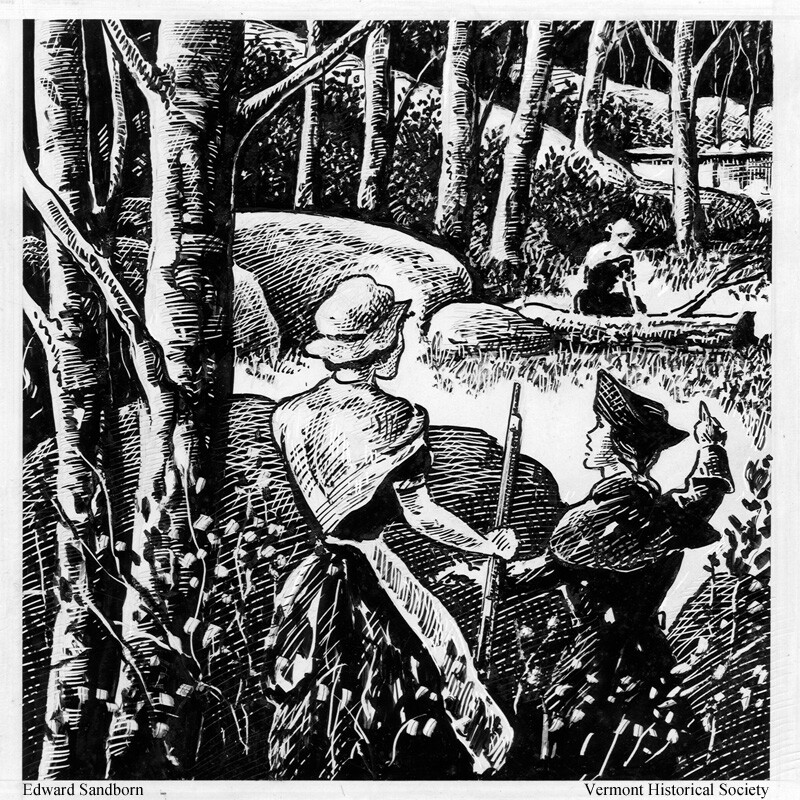
April 5, 1817
Ann Story, one of Vermont's most courageous pioneers, raised five children alone on the frontier at Salisbury, survived many catastrophes, remained loyal to the Green Mountain Boys, and died on this date at the age of eighty-two.
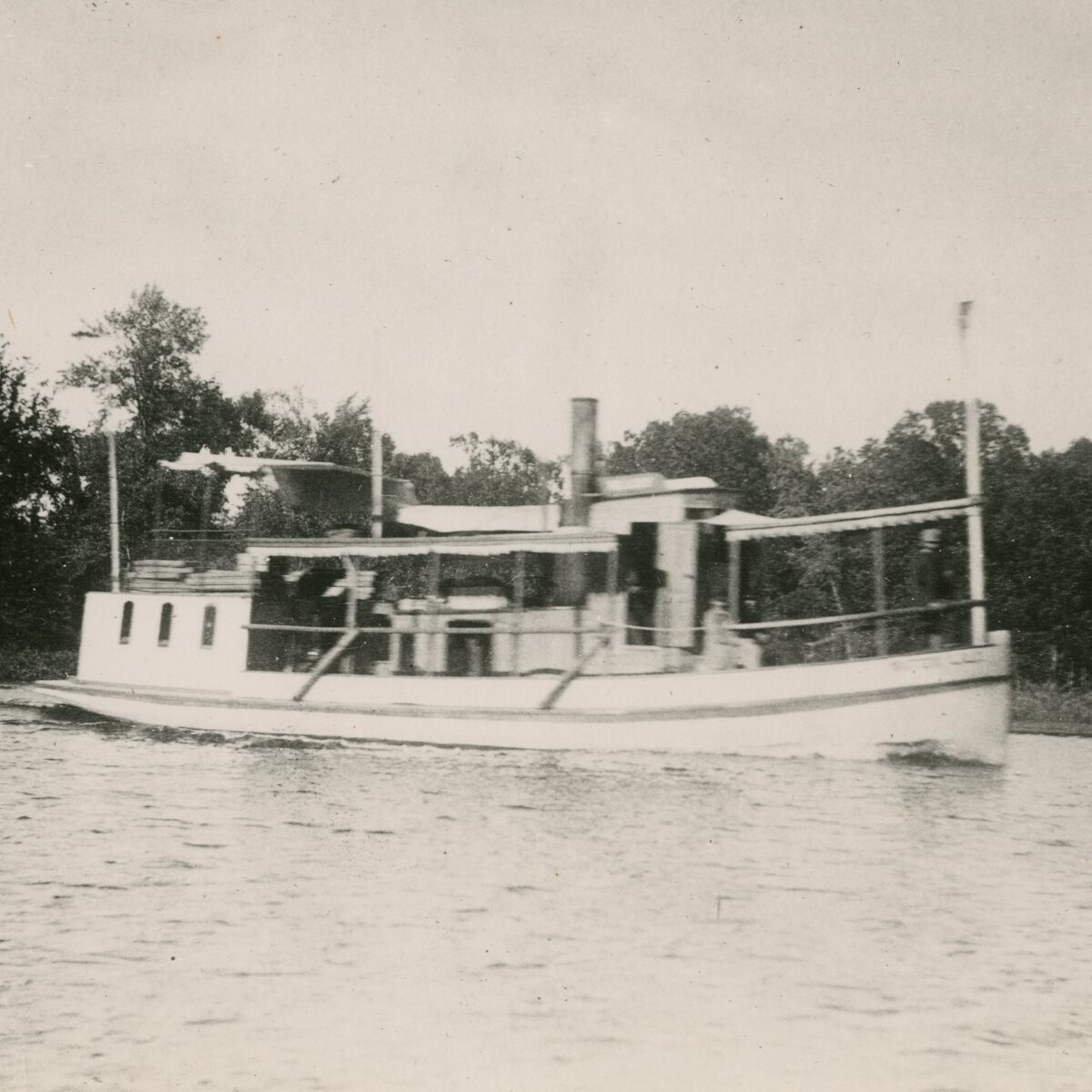
April 6, 1887
Philomene Daniels of Vergennes earned her pilot's license. She became the first woman steamboat captain in the world. Daniels ferried passengers from Vergennes, Vermont to Westport, New York. People called Daniels “Captain Phil”.
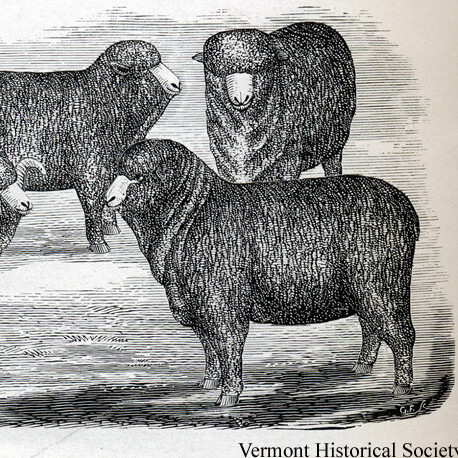
April 10, 1810
William Jarvis loads Merino sheep on board a ship in Spain. Their destination is Vermont, where they will begin the boom in sheep farming.

April 11, 2014
Outright Vermont celebrated its 25th birthday. Outright started in 1989 to provide support, safe spaces, and services to LGBTQ+ teens.
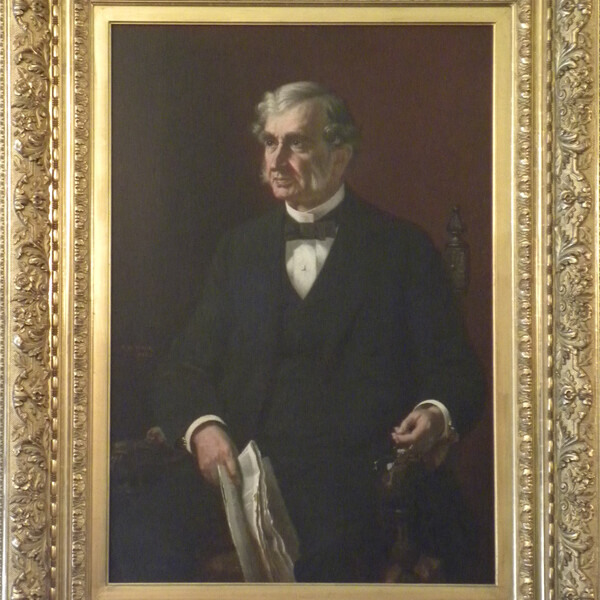
April 14, 1810
Justin Morrill, Vermont senator and author of the U.S. Land Grant College Act, was born on this day. The Land Grant Act, which was signed into law in 1862 by President Abraham Lincoln, established a public agricultural college in every state. Justin Morrill's Gothic cottage in Strafford, Vermont, is an historic landmark and is open to the public.
April 18, 1906
The Steamboat Ticonderoga was launched on Lake Champlain. The Ticonderoga, which many called Ti, was the last steamboat built along Lake Champlain. People used the boat to travel. The boat operated on the lake almost 50 years. The Ticonderoga was moved to the Shelburne Museum in 1955.
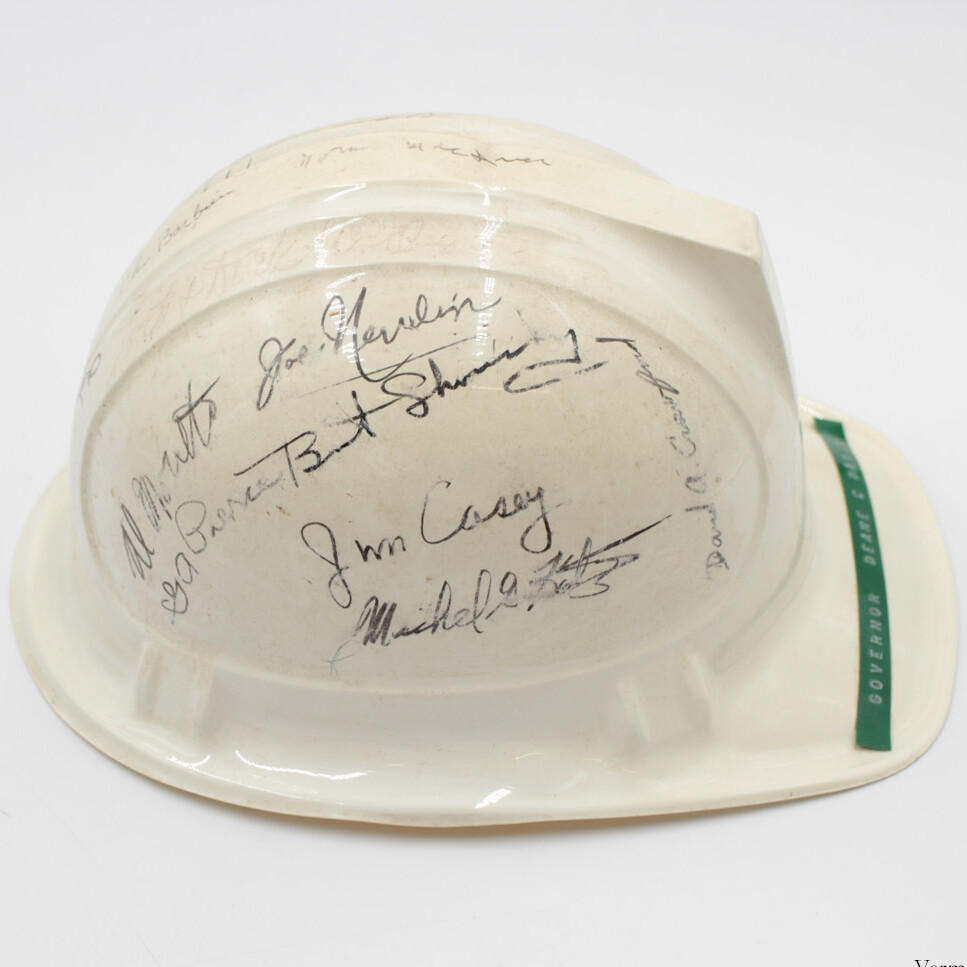
April 18, 1970
Vermonters picked up trash on the first Green Up Day. Governor Deane C. Davis came up with the idea in 1969. This has become a state tradition. Green Up Day is now held on the first Saturday in May.
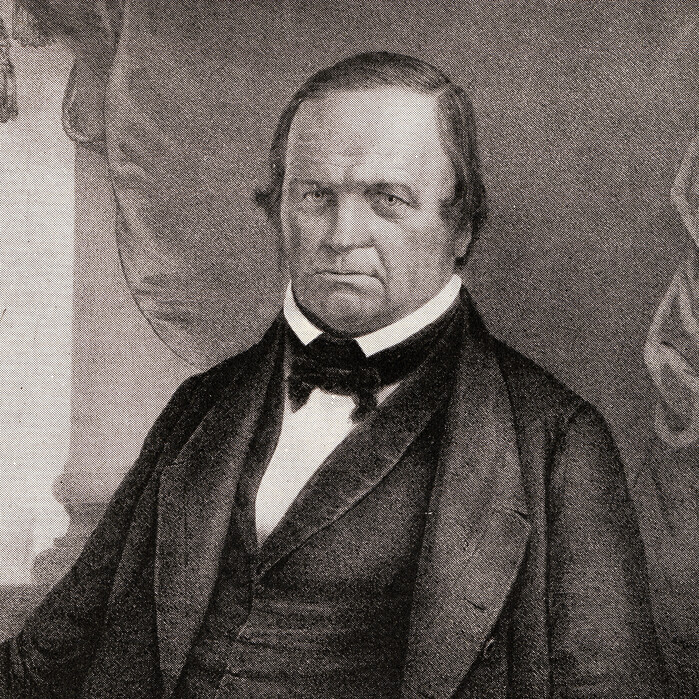
April 21, 1844
Preacher William Miller and his followers predict that the world will come to an end on this day. Miller urges people to give away all they own and to devote themselves to prayer.
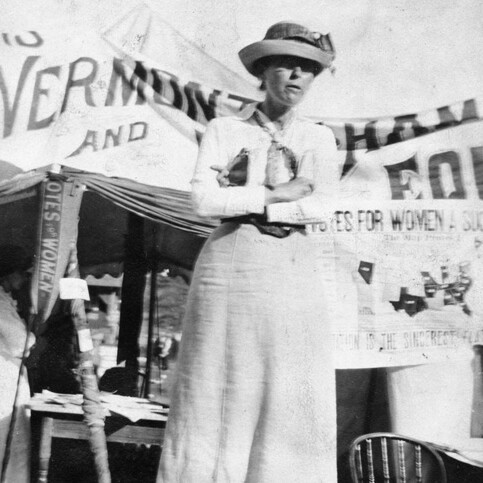
April 21, 1920
Four hundred women gather in Montpelier, in the pouring rain, in support of the nineteenth amendment giving women the right to vote.
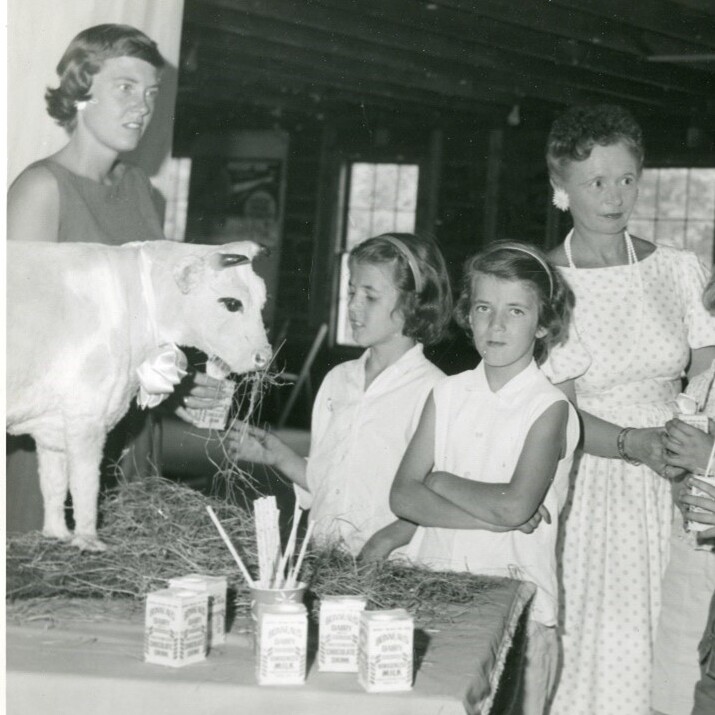
April 22, 1983
Milk became the Vermont state beverage. Milk is collected from many farm animals in Vermont, including sheep, cow, and goats. Since the 1900's, milk produced from cows has become an important staple in Vermont, from the many dairy farms across the state.
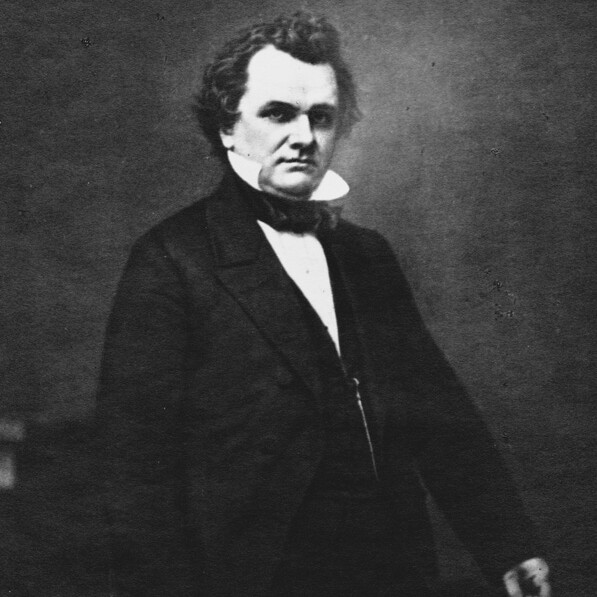
April 23, 1823
Stephen A. Douglas, the politician who ran against Abraham Lincoln in the 1860 presidential election, was born in Brandon, Vermont.
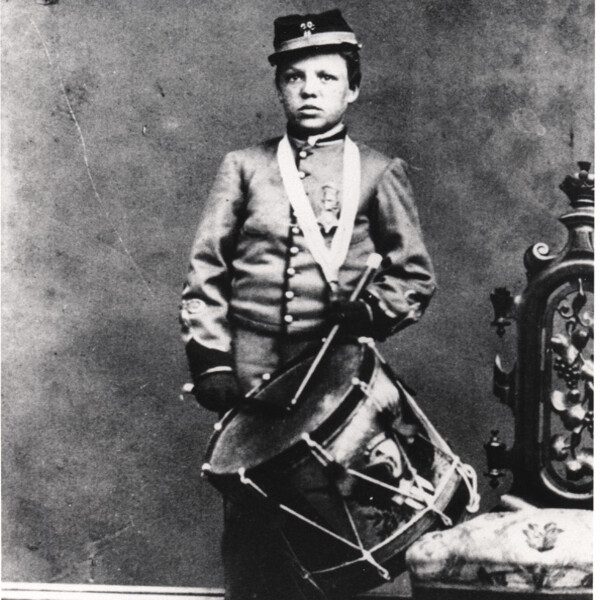
April 23, 1861
An emergency session of the state legislature is held, due to the outbreak of the Civil War. The first call goes out for volunteers to fight.
Copy and paste this citation to show where you did your research.
Vermont Historical Society. "April." Vermont History Explorer. Accessed July 13, 2025. https://blog.vermonthistoryexplorer.org/april
